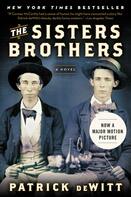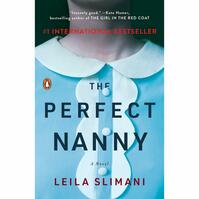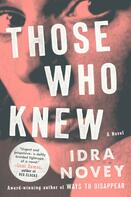You Are What You Read
And, look, you won’t find a counterargument here. Some nights I only realize it’s time to force my eyeballs from the screen because I sense the return of my old friend, existential emptiness.
The antidote—for everyone, it seems—is easy. Open a damn book already! Lately, I’ve opened a few, and I’m here to suggest a few of those few to you.
The Perfect Nanny by Leila Smilani. I may have purposefully missed this chart-busting curdler when it first made the rounds. To be honest, it’s hard to recommend even now. Part of me wishes I could cleanse my brain of the book and the abject facts on which its plot is based. But another part of me acknowledges that the book’s reliance on two austere and incomplete portraits of mothers, and not on a sensationalist plot, offers a funhouse mirror for the reader’s soul. Once you see yourself anywhere in the book’s isolating, immolating, passionate-and-alienating version of motherhood, you can never unsee the image. Reviewers sometimes interpret this book as a rebuke to the working mom, but this working mom found a relatable ambivalence that left a lasting and unsettling impression.
Those Who Knew by Idra Novey is the best book I’ve read so far this year and an excellent antidote to whatever glowing screen ails you. The action is set on an unnamed island ten years after the fall of a brutal regime (aided and exploited by the United States). Like the US, the island is shaped by political power begotten through dictatorial violence and the strife of ragged class disparities. It is also marked by women’s negative relationship to power. In fact, the book’s action is driven by women. When the novel opens, the protagonist Lena is haunted by the specter of a dead woman she suspects was murdered by Victor, a beloved politician. Lena suspects Victor because ten years earlier she was a student-activist and Victor was a student-activist hero. She, too, had been in Victor’s thrall, but the spell broke after he coldly seduced her and then choked her into unconsciousness. I paint a depressing picture, I know, but Novey’s book is a translucent and lively thing. Spare but evocative, enraging but funny, the book complicates easy depictions of ruthless politicians and pure-hearted radicals, viciously angry men and disposable women. It also gives women the slanted power they’ve already earned. Read it.



